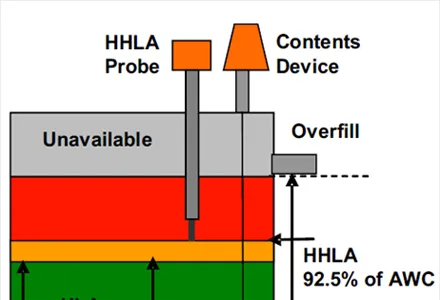White lines on nearly a third of Britain’s single-carriageway A-roads are so worn out they do not meet recognised standards, according to the LifeLines Report from the Road Safety Marking Association (RSMA).
February 21, 2012
Read time: 1 min
White lines on nearly a third of Britain’s single-carriageway A-roads are so worn out they do not meet recognised standards, according to the LifeLines Report from the Road Safety Marking Association (RSMA). The assessment of more than 2,400km of the network also reveals that Britain’s most dangerous roads have the most worn-out centre-line markings of all, leaving drivers “clueless when trying to read the road.” Two-thirds of all UK road deaths and serious injuries are on rural A-roads, and of over 1,600km of such roads surveyed, on average 14% of road markings are completely worn out, and 15% fall into the “amber” zone and should immediately be scheduled for replacement. Only 29% of lines reach the acceptable level of visibility.
George Lee, national director of the RSMA, said: “I believe that this year’s LifeLines Report presents evidence of sufficient public concern to merit an inquiry by Parliament’s Transport Select Committee, and that’s something we will seek.”
George Lee, national director of the RSMA, said: “I believe that this year’s LifeLines Report presents evidence of sufficient public concern to merit an inquiry by Parliament’s Transport Select Committee, and that’s something we will seek.”








